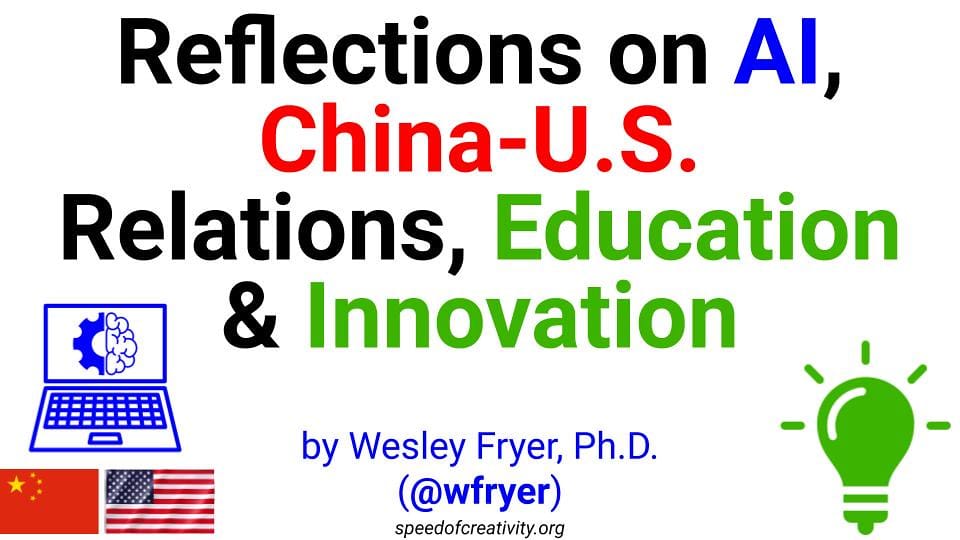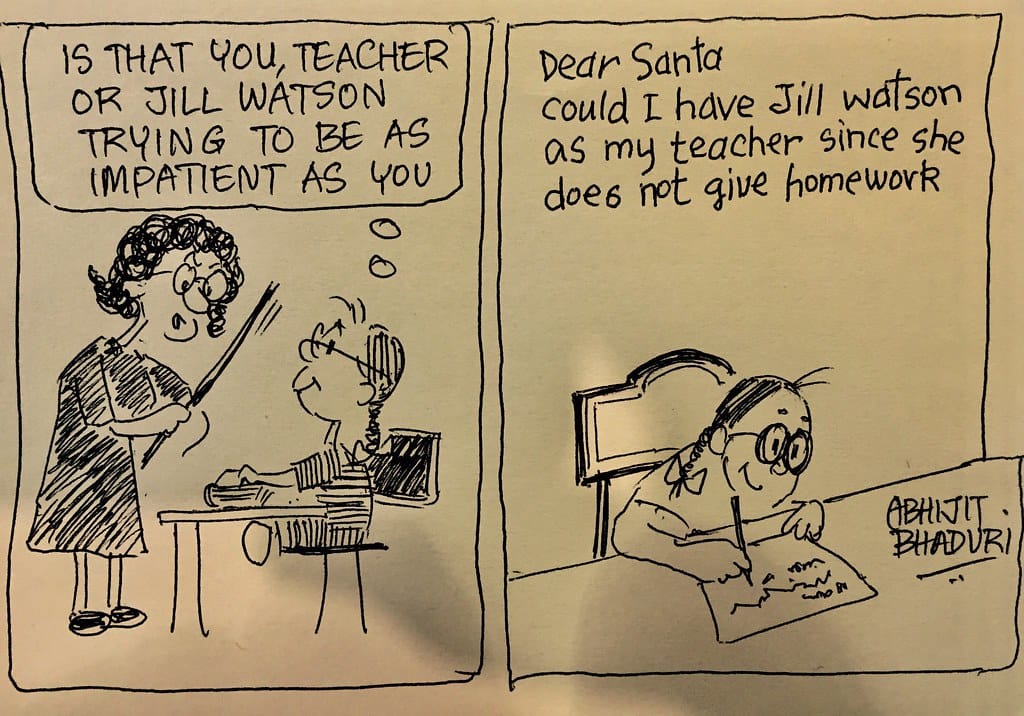When the AI Revolution Meets Academic Reality: A Computer Science Professor's Candid Take
The honeymoon phase is over. While universities across the globe rush to integrate artificial intelligence into their curricula and administrative processes, a growing number of educators are discovering that the AI revolution in higher education isn't quite the seamless transformation they were promised. Dr. Sarah Chen, a veteran computer science professor at a major research university, has become an unexpected voice of skepticism in an industry drunk on AI enthusiasm.
"I'm feeling cranky about AI," Dr. Chen admitted during a recent faculty meeting, a sentiment that has since resonated with educators far beyond her campus walls. Her frustration isn't with AI technology itself—she's spent decades researching machine learning algorithms—but with how it's being hastily implemented in educational settings without proper consideration for its limitations and consequences.
The Promise vs. The Reality
When AI tools first entered the educational mainstream, the promises were intoxicating. Personalized learning experiences, automated grading systems, intelligent tutoring platforms, and sophisticated plagiarism detection would revolutionize how we teach and learn. Universities invested millions in AI infrastructure, expecting immediate returns in efficiency and student outcomes.
The reality has been more complicated. Dr. Chen points to several concerning trends she's observed over the past two years: students becoming overly dependent on AI writing assistants, losing critical thinking skills, and submitting work that's technically original but fundamentally hollow.
"I recently graded an essay that was perfectly structured, grammatically flawless, and completely devoid of original thought," Chen explains. "The student had clearly used AI to generate ideas, organize arguments, and polish prose. Technically, it wasn't plagiarism, but it also wasn't learning."
The Academic Integrity Minefield
Perhaps nowhere is the AI integration challenge more acute than in academic integrity. Traditional plagiarism detection software, designed to catch copy-and-paste cheating, struggles with AI-generated content that's unique but not original.
Recent data from educational technology companies suggests that AI-assisted assignments have increased by 400% since 2022, yet institutional policies haven't kept pace. Many universities find themselves playing catch-up, implementing hastily written AI policies that often confuse rather than clarify expectations.
Dr. Chen has witnessed this confusion firsthand. "I've had students ask if using Grammarly is cheating, while others submit entirely AI-written code and claim it's just a 'tool,'" she notes. "We're operating in a gray area that's uncomfortable for everyone."
The Skills Gap Dilemma
Beyond integrity concerns, educators are grappling with a more fundamental question: what skills should students actually develop in an AI-dominated world? The traditional computer science curriculum emphasized problem-solving, algorithmic thinking, and code optimization. But if AI can generate functional code in seconds, what's left for human programmers?
Dr. Chen argues that this question misses the point entirely. "We're teaching students to use calculators when they haven't learned arithmetic," she says. "AI should amplify human intelligence, not replace fundamental understanding."
Her approach has been to ban AI tools in introductory courses while gradually introducing them in advanced classes where students already possess core competencies. This staged integration has shown promising results, with students demonstrating both technical proficiency and AI literacy.
The Faculty Stress Factor
The rapid pace of AI adoption has also taken a toll on educators themselves. A 2024 survey by the Higher Education AI Consortium found that 68% of faculty report feeling "overwhelmed" by the pressure to integrate AI tools into their teaching, while 45% say they lack adequate training to do so effectively.
Dr. Chen describes the constant anxiety of staying current with AI developments while maintaining academic standards. "Every semester brings new tools, new capabilities, and new challenges. It's exhausting to constantly redesign courses and assessment methods."
Finding the Middle Ground
Despite her crankiness, Dr. Chen isn't advocating for a return to pre-AI education. Instead, she's calling for a more thoughtful, measured approach to integration. Her recommendations include establishing clear institutional guidelines, providing comprehensive faculty training, and prioritizing critical thinking skills over technological fluency.
"We need to remember that education is about developing minds, not just delivering information," she concludes. "AI can be a powerful ally in that mission, but only if we're intentional about how we use it."
As universities continue navigating this technological transformation, Dr. Chen's candid perspective serves as a valuable reminder that sometimes the most important voice in the room is the one expressing healthy skepticism about the latest innovation.

